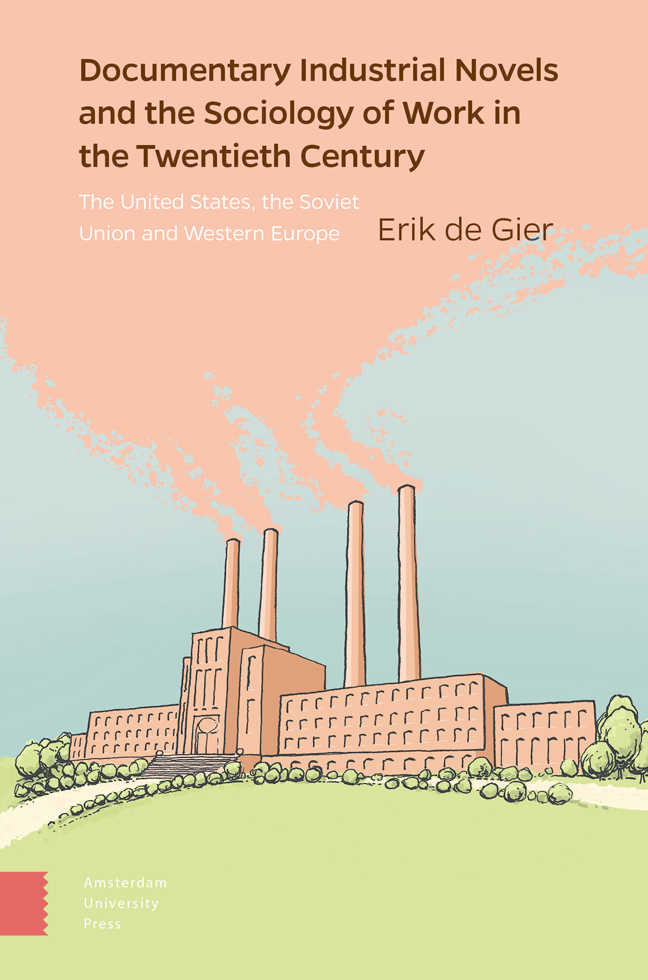 Documentary Industrial Novels and the Sociology of Work in the Twentieth Century
Documentary Industrial Novels and the Sociology of Work in the Twentieth Century Published online by Cambridge University Press: 20 February 2024
The idea for this study was born while writing a book on capitalist workingmen's paradises in different countries in the golden age of capitalism. That book was published in 2016 by Amsterdam University Press (AUP) (De Gier, 2016). In the golden age of capitalism, generally spanning the decades between 1880–1930, major fiction writers also dealt with welfare capitalism in industrial novels in these countries. Well-known examples include Charles Dickens's Hard Times (first published in 1854) in Great Britain and Émile Zola's Germinal (first published in 1885) in France (Dickens, 1854/1993; Zola, 1885/1991). In the same context, it was obvious that the writing of industrial novels continued in modern times, after the turn of the 19th century. In literary writing naturalism was succeeded by realism. In general, this implied more systematic attention by authors to reinforcing the empirical underpinnings of these novels. For this reason, the distinction between realist or modernist industrial novels and academic sociology blurred to some extent. Nevertheless, until today industrial sociology has neglected entirely the twentieth-century industrial novel as a meaningful research source. This book tries to bridge that gap. It is based largely on synthesizing and analysing a significant number of 20th-century modernist industrial novels in five countries. All these novels are based on empirical fundamentals, and will be compared in successive time periods, from about 1900 until today. Any remaining omissions and inaccuracies in the book remain the author's responsibility.
To save this book to your Kindle, first ensure no-reply@cambridge.org is added to your Approved Personal Document E-mail List under your Personal Document Settings on the Manage Your Content and Devices page of your Amazon account. Then enter the ‘name’ part of your Kindle email address below. Find out more about saving to your Kindle.
Note you can select to save to either the @free.kindle.com or @kindle.com variations. ‘@free.kindle.com’ emails are free but can only be saved to your device when it is connected to wi-fi. ‘@kindle.com’ emails can be delivered even when you are not connected to wi-fi, but note that service fees apply.
Find out more about the Kindle Personal Document Service.
To save content items to your account, please confirm that you agree to abide by our usage policies. If this is the first time you use this feature, you will be asked to authorise Cambridge Core to connect with your account. Find out more about saving content to Dropbox.
To save content items to your account, please confirm that you agree to abide by our usage policies. If this is the first time you use this feature, you will be asked to authorise Cambridge Core to connect with your account. Find out more about saving content to Google Drive.